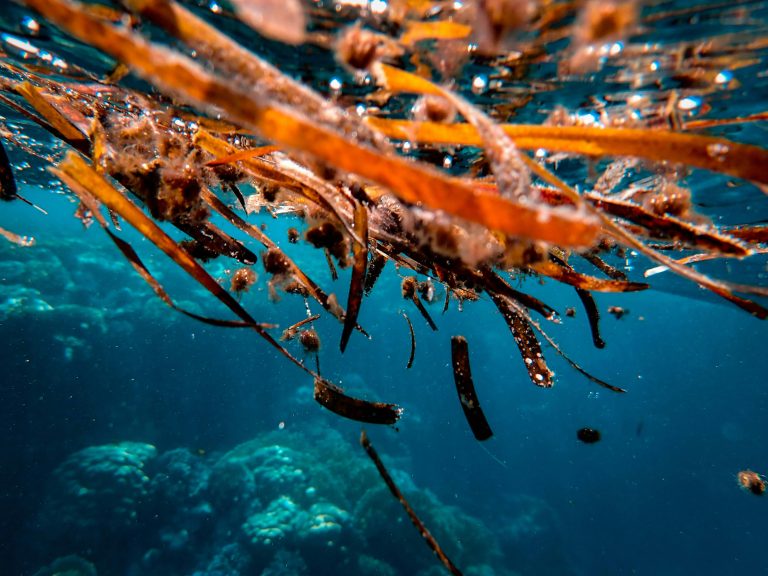Jakarta — Indonesia has cemented its position as one of the world’s leading players in the sustainable ocean economy, according to a new report by the United Nations Conference on Trade and Development (UNCTAD). The Global Trade Update: Sustainable Ocean Economy, released Wednesday, June 4, highlights Indonesia as the world’s second-largest seaweed producer and a key exporter of marine-based goods poised to support global efforts to reduce plastic pollution and build climate resilience.
In 2022, Indonesia produced 9.2 million tonnes of seaweed, second only to China, and was one of the top two global exporters of seaweed and algae-based products in 2023. Together with South Korea, Indonesia accounted for 56 per cent of global seaweed exports, driven by rising international demand for natural, marine-based materials as alternatives to fossil fuel-derived plastics.
Seaweed now represents half of global marine aquaculture production by volume, with trade in seaweed nearly doubling over the past decade, from USD 677 million in 2012 to USD 1.2 billion in 2022. The report highlights seaweed’s growing role not only in nutrition and packaging innovation but also in reducing marine pollution and creating livelihood opportunities for coastal communities in countries such as Indonesia.
Despite its prominence, the seaweed sector remains underdeveloped and underregulated. UNCTAD warns that a lack of governance, weak coordination, and the absence of global standards may constrain its full potential. To address this, the report recommends the creation of a United Nations Seaweed Task Force—an initiative for which Indonesia is well-positioned to benefit and help lead.
Beyond seaweed, the report also highlights Indonesia’s broader contributions to the ocean economy through aquaculture and the export of non-plastic substitutes. Developing countries, including Indonesia, accounted for 42 per cent of global exports in such alternatives, which are growing 30 per cent faster than plastic trade.
The report serves as a call to action for Indonesia and other maritime nations to accelerate reforms, strengthen marine governance, and unlock blue finance to support ocean-based sectors. With ocean services accounting for over 60 per cent of global ocean trade, and threats from climate change and biodiversity loss on the rise, sustainable ocean governance is increasingly seen as a core pillar of future economic development.
The findings come ahead of the Third United Nations Ocean Conference, set to take place in Nice, France, in June 2025. (nsh)
Banner photo: Francesco Ungaro/pexels.com















